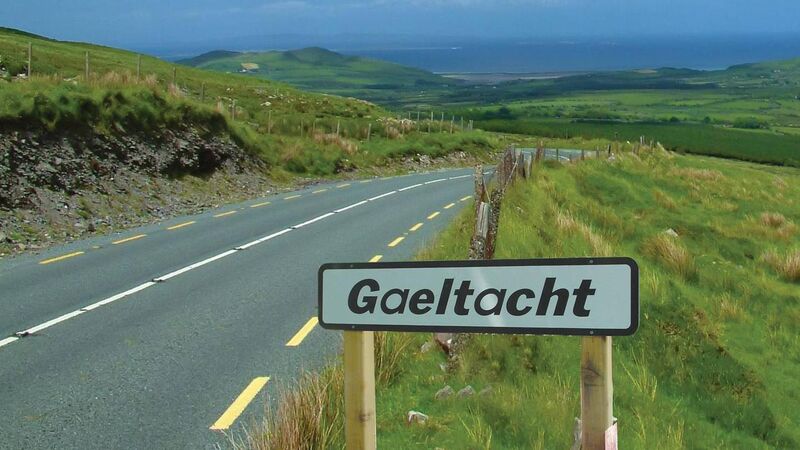Permission for housing development in Waterford Gaeltacht refused over impact on Irish language

Under council policy, 60% of units in any proposed housing development within the Gaeltacht area must have a language condition attached to their occupancy, whereby the resident would have to demonstrate a reasonable fluency in Irish. File picture
An Bord Pleanála has refused planning permission for a housing development in the Waterford Gaeltacht because of the negative impact it would have on efforts to protect the Irish language heritage of the area.
The board upheld the decision of Waterford City and County Council to reject the application by development firm Shinebright to construct 46 houses on the outskirts of the Gaeltacht village of An Rinn (Ring).













